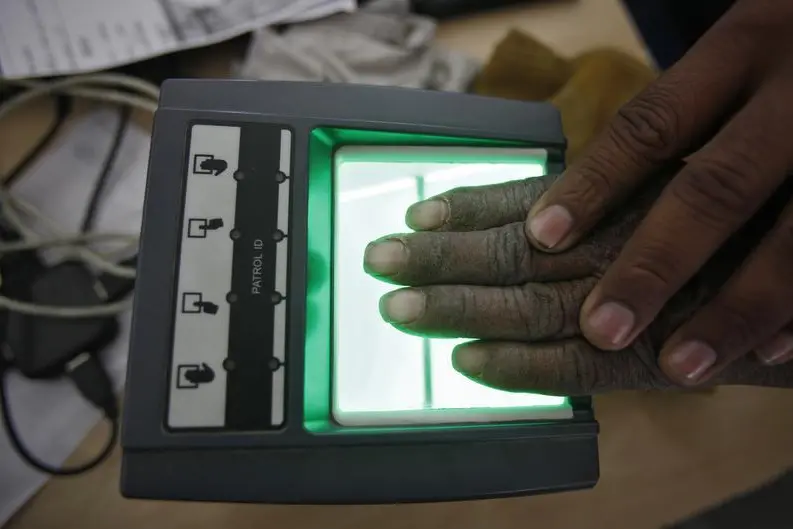PHOTO
Una Galani - (The author is a Reuters Breakingviews columnist. The opinions expressed are her own.)
Mumbai - India's enthusiasm for its biometric identity database has gone into overdrive. Citizens are being pushed to link their 12-digit Aadhaar number, which captures fingerprints and iris scans, to everything from school enrollments to air ticket purchases. That points to the rise of a surveillance state.
Aadhaar, which means "foundation", was launched in 2009 and covers more than 1.1 billion people. It goes beyond social security schemes in the United States and the United Kingdom, partly to solve developing-country problems like the low registration of births.
That has helped cut corruption in payouts of pensions and subsidies. New Delhi claims it has saved almost $8 billion in roughly three years, compared to total investment of around $1 billion - an impressive return, even with a margin of error.
It is an opportunity for companies too. India’s richest man, Mukesh Ambani, used Aadhaar to sign up new customers to his upstart 4G mobile network. And mobile-payment systems use the database to enable the transfer of money between banks customers and road-side vendors.
But Aadhaar is now going further than what is obviously useful. In the latest example, bank accounts will cease to function if Indians do not provide their identity number. The scheme, once touted as voluntary by its champion Nandan Nilekani, a founder of IT giant Infosys, looks less and less so.
New Delhi’s push is doubly troubling. First, it potentially gives extra power to a government that doesn’t always keep some of its hardline religious supporters in check. The Supreme Court is yet to rule on privacy issues related to the database.
Second, the wider ecosystem is not foolproof. Leak victims so far include a former star cricketer and more than 1 million pensioners. India still does not have a comprehensive data-protection law, though there is one in the works.
While personal information is often already in the public domain, Aadhaar makes it easier for bad actors to build a profile of a person. With that in mind, New Delhi would do well to limit Aadhaar’s application or better explain why it needs to be so far-reaching. That might be best way to retain consumer faith in an innovation helping India leapfrog in its financial development.
(Editing by Quentin Webb and Katrina Hamlin)
© Reuters News 2017





















